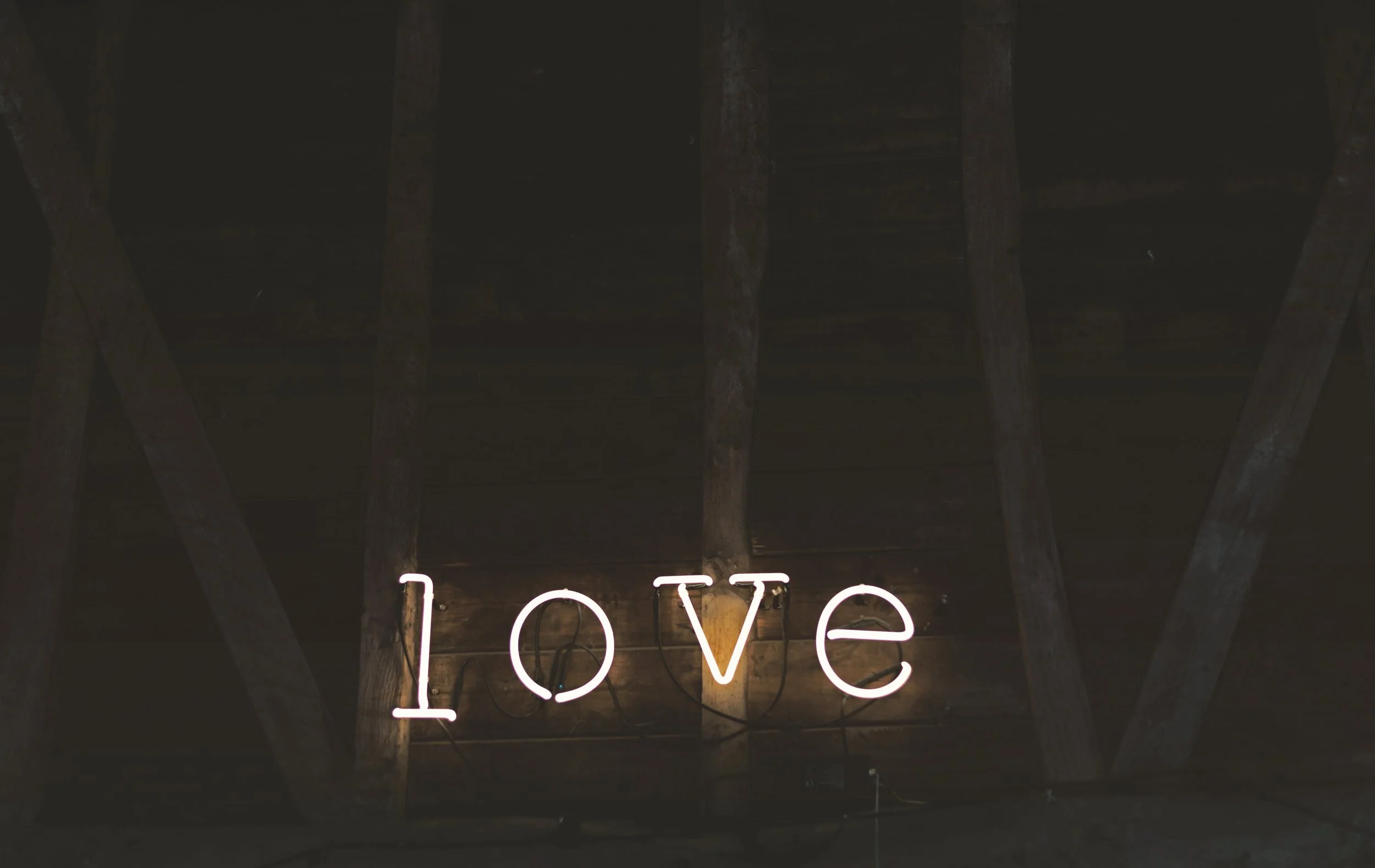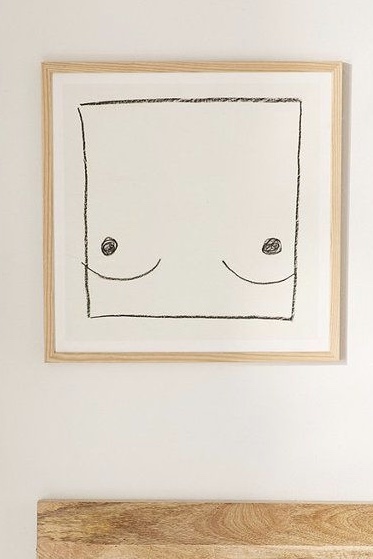This November, MHT is participating in the Miry’s List Friendsgiving Fundraising Drive. The money goes to programs that support refugee families that have been resettled in the United States. In tandem with these efforts, our clinicians are writing posts reflecting on what home means to them.
“...home...is any place where I feel safe to experience all the different human emotions with other safe humans present - a refuge amidst change and uncertainty.”
Eleven years ago, my childhood home burned down in a wildfire. I no longer lived there, but many of my memories did. There were the obvious losses like family photos that were irreplaceable--most of which were not digitized. However, other things that I missed took me by surprise: light blue bed sheets, a brown and red afghan, my doll house that I'd had since childhood, blue rimmed plates my parents received at their wedding, old yearbooks with signatures, and my collection of notes and cards. I miss all of our family's eclectic Christmas ornaments that had been gathered over many years and included a popcorn chain for the tree my parents made in the 80s (maybe we saved that one a little too long, but it held so many memories).
The year of the fire, I came back to my hometown for Christmas with some feelings of dread. Could my parents’ replacement rental feel like home? I needn’t have worried. I quickly realized it was the people who gathered there that made it home. My family, my friends, my neighbors, and my extended community all rallied round. Miraculously, no one lost their life in this particular wildfire, and being back, and seeing the damage made the danger of the fire more real to me. It also made me think about how much more we could have lost. It was people that mattered. And it was the kindness of people that helped my family get some of the basic material things they needed to get back on track in the short term.
It was with these people, my family and friends, that I took refuge. Refuge is the word I chose to describe my sense of home because it means being safe or sheltered, and home is a safe place for me - a place that can hold me during the many storms of life. There are familiar and sentimental material things in my home now that make it feel special, comfortable, and welcoming to me, and the actual structural component of a physical home is important for survival. However, I know the feeling of home is more than the material things. It is any place where I feel safe to experience all the different human emotions with other safe humans present - a refuge amidst change and uncertainty.
HERE'S HOW YOU CAN PARTICIPATE IN FRIENDSGIVING WITH US:
Give! Visit our Miry’s List campaign page and make a donation. It's that simple and no sum is too small. Truly.
Follow! Be sure to follow us on Instagram and our blog throughout the month of November. We will be reflecting on what it means to be welcomed, received, and known.
Share! Help us spread the word. You can do this by sharing our social media posts or links to our Miry’s List Friendsgiving Fundraiser page.
******
A little about Miry’s List:
Refugee families come to the United States seeking a safe haven from violence and persecution in their home countries. They leave behind family and friends, as well as virtually everything they own. Many Americans, seeing these families in their communities, wonder: What can I do to help? Miry's List provides a mechanism for people to directly help new arrival refugee families with the things that they need to get started in their new lives – from diapers to beds to cleaning supplies and toiletries. To learn more, visit miryslist.org.
Sarah Butcher, LMFT, specializes in treating children, teens, new and postpartum parents, and young adults. Her work with children in developmental play therapy led to her certification as a DIR Intermediate Floortime provider.























